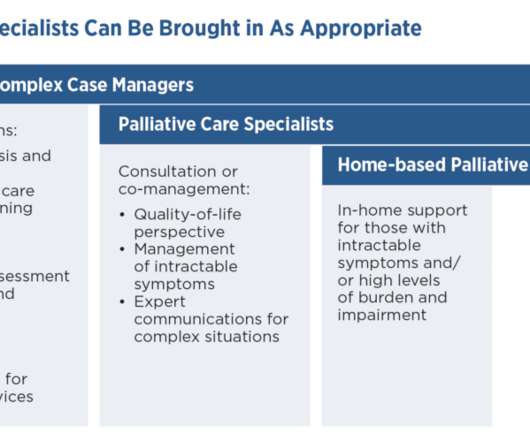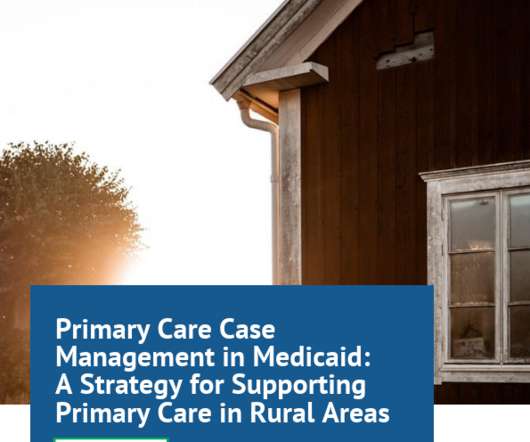More Evidence of Self-Rationing as Patients Morph into Healthcare Payors
Health Populi
NOVEMBER 19, 2019
Wolters Kluwer released a summary of a study this week, to be published in full in 2020, surveying 1,000 consumers (232 of whom had been a hospital inpatient in the past year) and 837 health care providers (a mix of physicians, nurses, and hospital administrators). BLS calculated that general price inflation rose 1.8%













Let's personalize your content